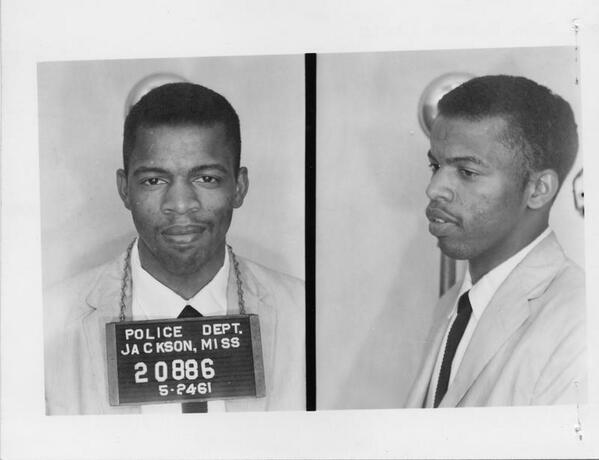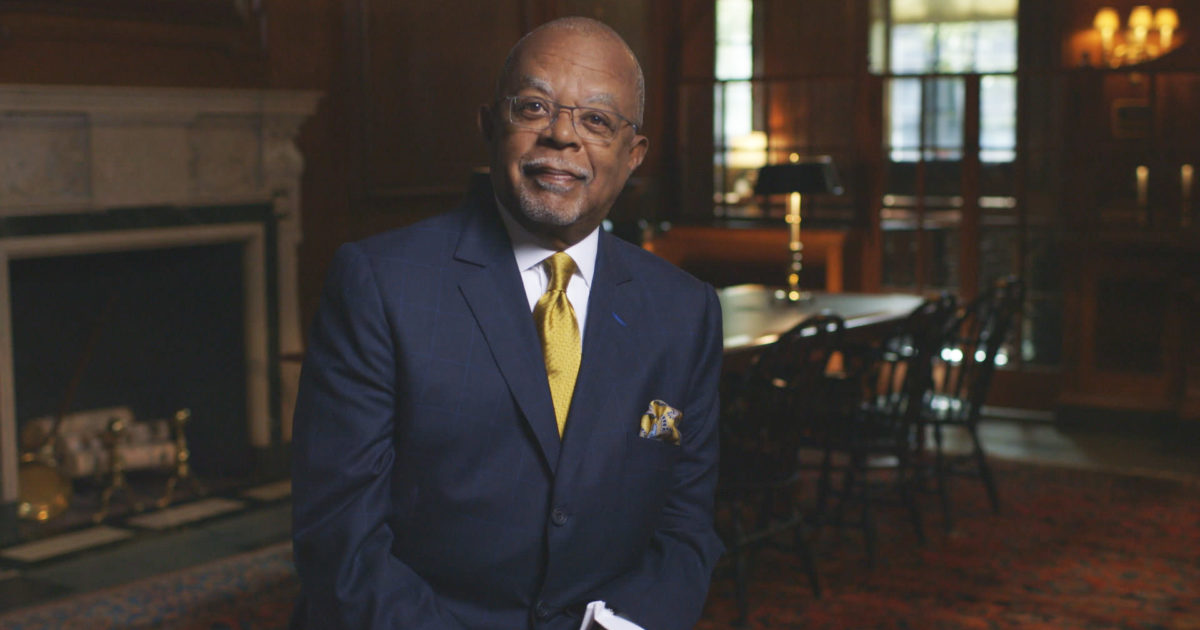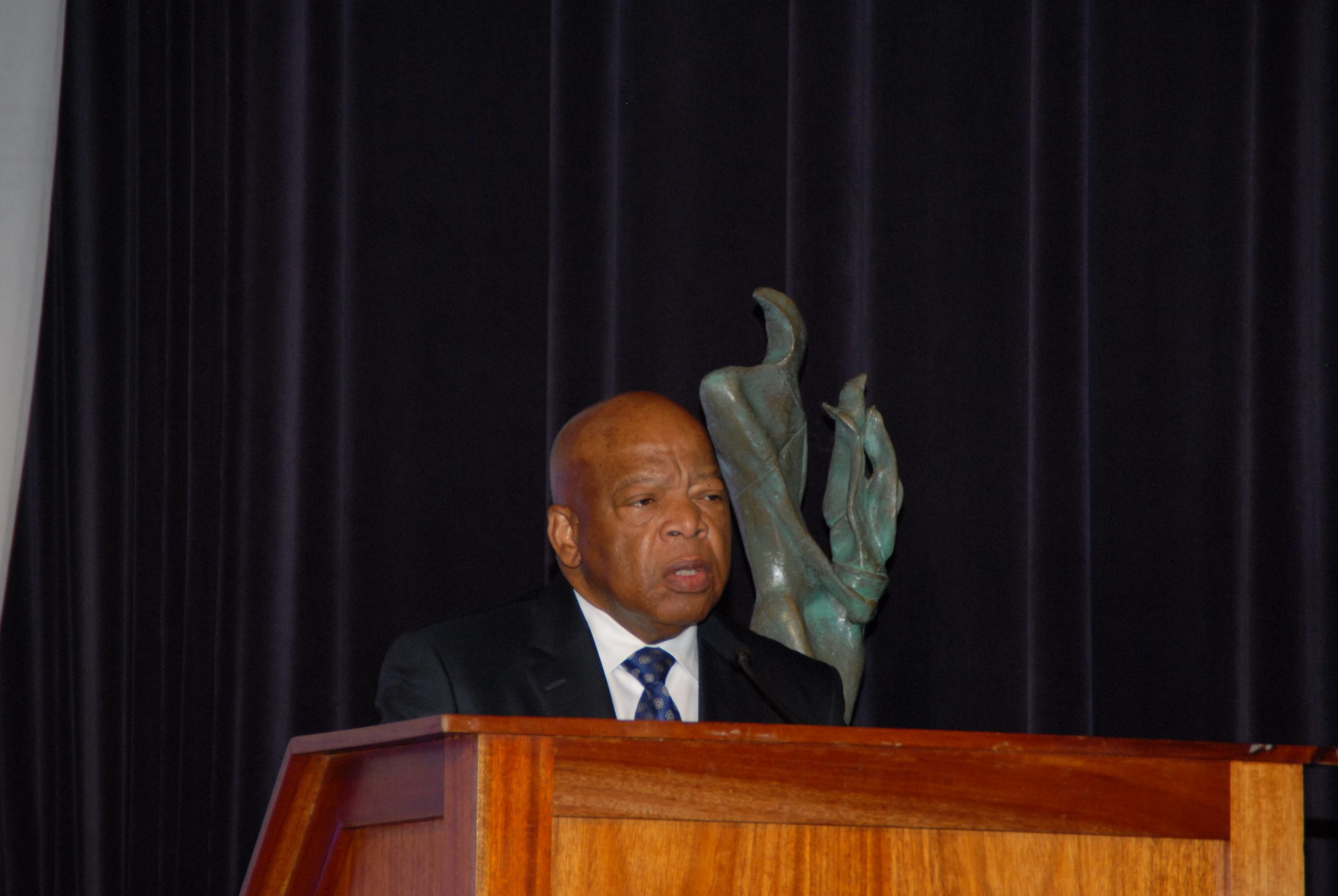One of the most surprising things about “Good Trouble,” a new documentary on Georgia Congressman John Lewis’ six decades in the public spotlight, is how many jokes appear during the 96-minute runtime.
The levity that imbues Lewis, 80, as he gathers with staffers, chats with relatives and booms from a podium persists in someone who has endured some of the worst America has to offer.
The film makes his sacrifices clear — the civil rights movement was a brutal affair as Lewis put his body on the line time after time in nonviolent demonstrations from “Bloody Sunday” to the Freedom Rides and the March on Washington. The documentary’s title itself comes from Lewis’ belief that “good trouble, necessary trouble” is necessary to change the world.
Director Dawn Porter, whose film credits include “Bobby Kennedy for President” and “Spies of Mississippi,” yearned to hear more from the civil rights icon. She was intrigued by the breadth of his work, she said, and wondered: “How do you do justice to such a magnificent life?”
“We came to him…at a time when he was ready to tell his story,” she told NPR. “You know, I think he is – as he was approaching his 80th birthday, he’s always reflective, but I think he was particularly reflective. So it was a wonderful time for both of us to engage on this adventure together.”
A dizzying montage of Lewis stumping for a slew of progressive candidates in 2018’s midterm elections shows the stamina and grit of a man determined to help the country moves forward. “My greatest fear is that one day we may wake up and our democracy is gone,” he says quietly in one scene. “As long as I have breath in my body, I will do what I can.”
Anisfield-Wolf Book Awards jury chair Henry Louis Gates Jr makes an appearance, remarking that Lewis wept on his show, “Finding Your Roots,” as his team was able to uncover the activist’s great-great grandfather’s voting registration card from 1867.
“And by my calculation,” Gates told him, “no one in your family between him and you — because of what you did at Pettus Bridge and the Voting Rights Act — no one in your family line voted between him and you.”
Gates recalled that after Lewis composed himself, he simply replied: “I guess it’s in my DNA.”
Viewers witness the multi generational impact of Lewis in scenes of eager readers thrusting copies of “March,” his young adult graphic novel chronicling the movement, asking for autographs. (Lewis won an Anisfield-Wolf Book Award in 1999 for “Walking With the Wind: A Memoir of the Movement,” the precursor to “March.”)
Mostly, the film portrays Lewis as a gentle leader who has seen the country through some unbelievable lows. But it also reminds viewers that Lewis has moments of ferocity. The contentious 1986 Congressional election saw him face off with friend and fellow activist Julian Bond for a seat in Atlanta’s fifth district, a battle Lewis ultimately won.
Soundbites from those who know him best — his chief of staff, his siblings, fellow Congressional Black Caucus members — fill in the portrait, alongside the man himself. One voice is missing — Lillian Miles, Lewis’ wife of 44 years, who died in 2012. It is clear from those around him that Lewis is still working through his grief. As his sister noted, after her death, “He got quieter.”
The film wrapped in December, right before the news that the congressman had been diagnosed with stage 4 pancreatic cancer. An erroneous tweet from Congresswoman Alma Adams of North Carolina on July 11 reported on the congressman’s passing, leading to an outpouring of relief as his team refuted the rumors.
“Grateful that the great @repjohnlewis is still with us,” former national security adviser Susan Rice tweeted. “We need the wisdom and strength of this American hero and civil rights icon now more than ever.”
Indeed, the film elevates Lewis at a critical time — it was released July 3, in the midst of a national reckoning with race after the police killing of George Floyd. In a virtual townhall June 15 on the mental health impact of the uprisings on Black America, Lewis was delighted at the action he saw in the streets nationwide: “We must continue to be bold, brave, courageous, push and pull, ’til we redeem the soul of America and move closer to a community at peace with itself.”
Good Trouble is streaming now on multiple platforms and available in select theaters.



